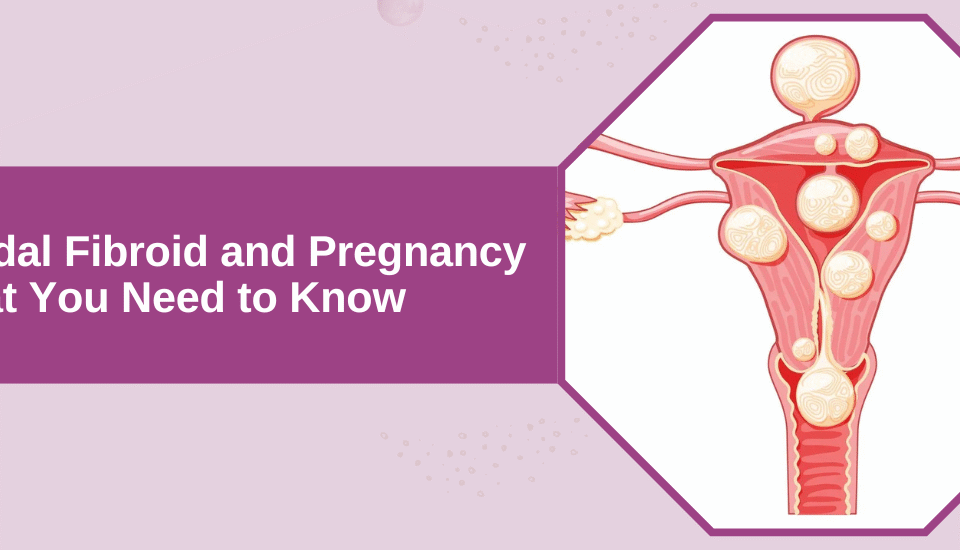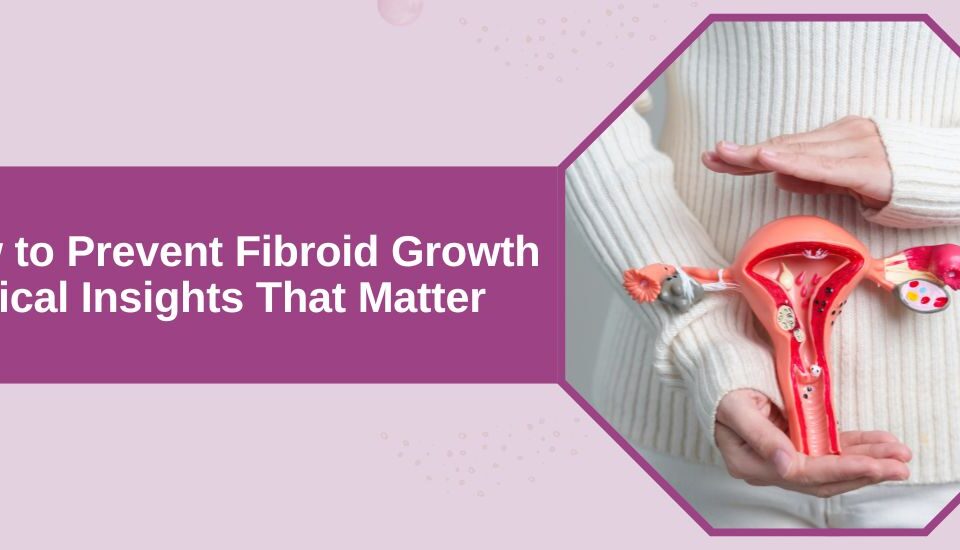- Have any questions?
- +91-98717 17305
- babiesandus12@gmail.com
Who Can Go for IVF Treatment?

Oocyte Cryopreservation – Egg Freezing for Future
December 17, 2021IVF stands for In Vitro Fertilization. IVF is one kind of assisted reproductive technology that can help couples with fertility problems have a baby. The woman’s eggs are removed from her ovaries and fertilized in the lab by sperm from the man who donated them or from a donor.
Before going for IVF treatment, a person must undergo a complete medical examination and get a thorough check-up from the doctor. You can plan for IVF treatment if you are sure that you have ovulated regularly, your hormone levels are normal, and you don’t have any other health issues.
Who can go for IVF treatment?
In vitro fertilization is a type of medical treatment that can be used by women who have been unable to fall pregnant, have not been able to conceive with their current partner, or have been diagnosed with fertility issues. IVF is often discussed in the context of infertility and while some people may feel like they can’t go for IVF treatment because they are not infertile, we want to make it clear that this is not necessarily the case.
How IVF treatment is done?
IVF, or in vitro fertilization, is a procedure where the eggs and sperm are combined in a laboratory dish, and then transferred to the female’s uterus. An IVF treatment usually takes place over two weeks. The couple gets daily injections of drugs for between 10 and 14 days. They also need to collect daily urine samples so that doctors can check hormone levels
The five-step process for IVF treatment
1. Superovulation can help you increase your egg production
According to the National Institutes of Health, you’ll be given fertility medicines to start a process known as stimulation — or super-ovulation (NIH). To put it another way, the medications, which contain Follicle Stimulating Hormone, will encourage your body to generate more than one egg every month. The more eggs you lay, the better your chances of successful fertilization later in the procedure. During this stage of the IVF process, you’ll have regular trans-vaginal ultrasounds and blood tests to check on your ovaries and monitor your hormone levels.
2. Removal of the eggs
A hormone injection will be given to you a little more than a day before your eggs are scheduled to be extracted from your body. This will help your eggs mature quickly. The eggs will then be removed using a small surgical procedure known as follicular aspiration. According to the National Institutes of Health, this is usually done as an outpatient procedure in your doctor’s office. Using ultrasound, your doctor will guide a small needle into each of your ovaries through your vaginal canal. The needle is equipped with a mechanism that suctions the eggs out one by one. Don’t worry if this sounds painful; you’ll most likely be given medicine beforehand to alleviate any discomfort. According to the National Institutes of Health, you may suffer some cramping afterward, but it should go away within a day.
3. Sperm collection from your partner or donor
Your spouse will deliver a sperm sample while your eggs are being extracted. You can also use sperm from a donor. The sperm are then washed and spun at high speeds to determine which ones are the healthiest.
4. Combing the best sperm with the eggs
Now comes the phase of IVF that everyone knows about: pairing your best sperm with your best eggs. Insemination is the term for this stage.
A sperm normally takes a few hours to fertilize an egg. Instead of injecting the sperm directly into the egg, your doctor may opt for intracytoplasmic sperm injection (ICSI).
5. Transfering of embryos into your uterus
You’ll be given another drug after your eggs have been collected. This one is for preparing your uterine lining to receive the embryos that will be transplanted back into you. Your doctor will use a catheter to insert the embryos into your uterus three to five days after fertilization. This portion of IVF is done in your doctor’s office while you are awake, much like step three. Multiple embryos are returned to you in the hopes that at least one will implant in the lining of your uterus and develop. Multiple embryos can implant at the same time, which is why multiples are prevalent in IVF patients.
The next step should be to have a pregnancy test to check if the process worked. If you are facing multiple pregnancy failure you can visit one of the renowned and best IVF center in Mumbai. Babies and us is one of the leading IVF clinic in Mumbai. Doctors having years of expertise over here. You can consult with the best doctors over here if you are facing any health issue while conceive pregnancy.
What to expect from an IVF treatment?
An IVF treatment is a process by which an egg is fertilized outside of the body. The fertilized embryo is then implanted in the woman’s uterus. However, this process does not always work – the success rate varies depending on many factors, such as age and underlying medical conditions. Women who are above 39 years of age can go for IVF due to their increased chances of getting pregnant.
Pros and Cons of IVF Treatment
In vitro fertilization, or IVF, is a process where sperm and eggs are combined in a laboratory dish to create embryos outside the body. IVF is generally recommended if you have been trying unsuccessfully to conceive for less than 12 months without success.



